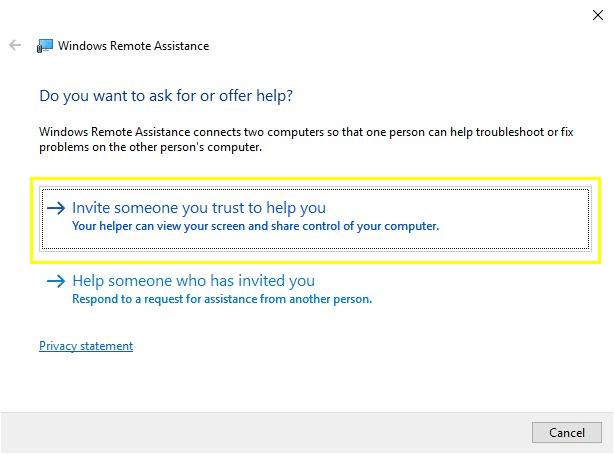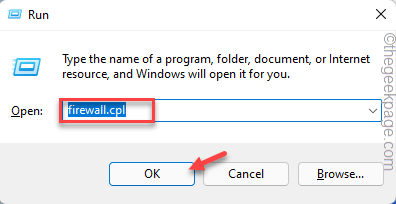

run batchfile at logon from locked session Windows.In the Terminal (logged in as the user in question) issue the following, which will reset (kill and it will then auto-relaunch) the preference caching daemon, as prefs are AGGRESSIVELY cached in current versions of OS X. Go back to the User's Library and open the Group Containers folder. Navigate into Containers and set aside and (one of those is for v8, just pull them both aside). Within that user's Library (NOT the top-level Library folder), Quit RDP on the Mac, hold the option key & click on the Go menu to enable showing the Library & select that. If the binaries of a formerly functional (OS X) application bundle have suddenly gone corrupt, then the underlying filesystem and/or drive housing it are probably about to die, hard.

After configuration, you start administering computers by adding clients to the main list of computers.Generally reinstalling an application in OS X is almost never necessary nor does it produce any meaningful result. When you install Remote Desktop and open it for the first time, use the setup assistant to finalize configuration.

Non-Mac client computers must have Virtual Network Computing (VNC)–compatible software. System/Library/CoreServices/RemoteManagement/ARDAgent.app To find the client software version on Mac computers you haven’t yet added to the All Computers list, go to the computer, locate the following file in the Finder, and check its version: To find the client software version, when you’re using Remote Desktop, select the computer, choose File > Get Info, and look at the ARD Version field. Mac client computers must have version 3.6 or later of the Remote Desktop client software for full control.Īlthough you may be able to control and observe Mac computers using earlier versions of the Remote Desktop client software, you can’t generate reports or execute remote commands. Mac computers must be running OS X 10.10.5 or later. To use Remote Desktop, your administrator and client computers must meet these requirements:



 0 kommentar(er)
0 kommentar(er)
